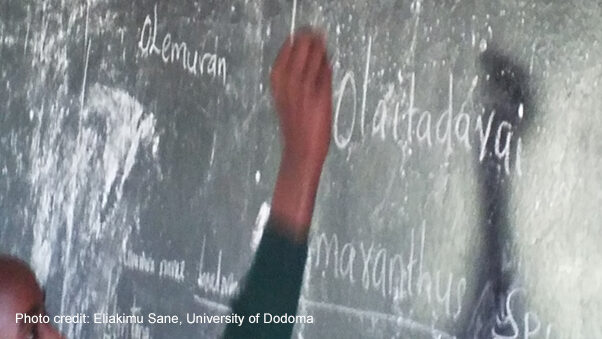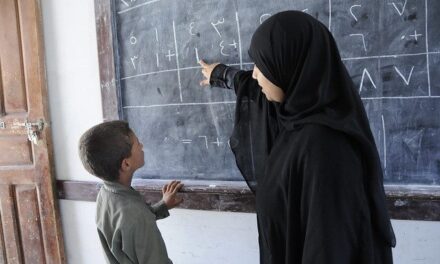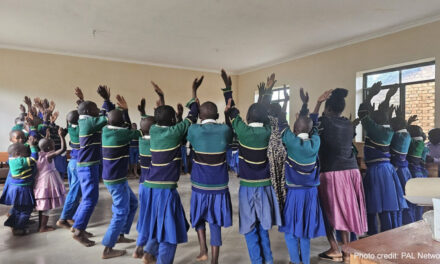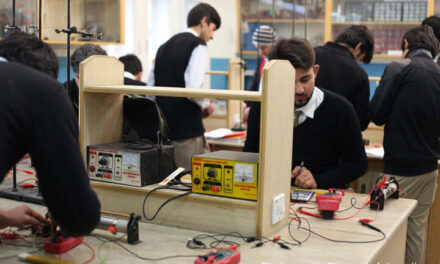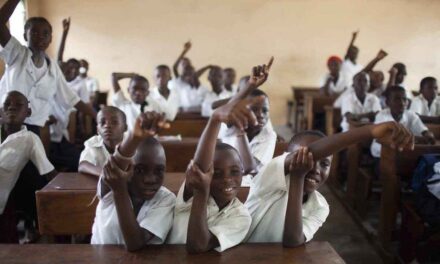This blog was written by Angeline M. Barrett (University of Bristol, UK) and Barbara Trudell (SIL Africa). They will be presenting with colleagues at the UKFIET 2025 conference in a symposium entitled: Innovations in multilingual education for sustainable futures.
Symposium at the UKFIET Conference 2025
One of the greatest innovations of multilingual education (MLE) is that it views learners’ and teachers’ fluency in multiple languages as an asset for learning in the classroom. Given that up to 40% of learners across the globe lack access to education in a language they can comprehend or in which they can discuss curriculum content, this innovation is critically important for enhanced education outcomes around the world. Decades of research have demonstrated the cognitive and academic benefits of acquiring basic literacy first in the learner’s home language – a language they use on a daily basis outside of school (see for example, reviews of the literature by Cummins and Trudell).
Multilingual education can also benefit communities and society. Reflecting the multilingualism of the communities that are supposed to be served in education contributes to social cohesion, and promotes the inclusion of those communities in national education aims (as demonstrated in a nuanced transdisciplinary review). Multilingual education contributes to sustainable development, as it makes it possible for the knowledge of diverse communities – in the language(s) that mediate that knowledge – to be recognised and valued.
In this context, researchers, governments and non-governmental organisations are mobilising partnerships and sharing knowledge to innovate approaches to multilingual education. Our Innovations in MLE symposium at the 2025 UKFIET conference highlights insights from recent research and practice around the globe on the design and implementation of multilingual education. The symposium draws from the new NORRAG Special Issue on Multilingualism and Language Transition: Innovations and Possibilities, with presenters who have contributed to the Special Issue from their diverse experiences in the field. The symposium presentations will examine topics such as the disjuncture between community and school language practices; innovations in multilingual pedagogy, curriculum and assessment; and challenges and resistance to MLE programmes.
Join us to explore and debate further the transformative role of multilingualism in making education inclusive and meaningful for sustainable development.
Overview of presentations
- Innovations in multilingual education for sustainable futures: An introduction, Barbara Trudell (SIL Africa); Angeline M. Barrett (University of Bristol); Rachel Bowden (TU Dresden University of Technology); Anthony Essien (University of the Witwatersrand); and Prem Phyak (Teachers College Columbia)
- Navigating language barriers between formal education and community at the Rwanda-DRC border, Jo Westbrook (University of Sussex); John Simpson (British Council); Jolly Rubagiza, Delphine Mukingambehlo and Pierre Barayagwiza (University of Rwanda)
- Multilingual education in Nepal: Misalignments, challenges, and local realities, Rajib Timalsina (Tribhuvan University); Devi Ram Acharya (Kathmandu University School of Education); and Prem Phyak (Teachers College, Columbia University)
- Identifying and defining language support needs in the second language of instruction examination context of the Seychelles, Mats Deutschmann (Örebro University); and Justin Zelime (University of Seychelles)
- Addressing foundational learning gaps: The TaRL language learning from familiar to formal (L2F2) methodology in Uganda’s multilingual education landscape, Usha Rane (Pratham International); Kakula Wandi (VVOB Uganda); Stefaan Vande Walle (VVOB); Chavi Jain (TaRL Africa); Tanvi Banerjee (Pratham International); and Elvis Wanume (YARID)
- Integrating language revitalisation and foundational learning in Chiapas, Mexico, Felipe J. Hevia (Centro de Investigaciones y Estudios Superiores en Antropología Social-CIESAS); Samana Vergara-Lope and Anabel Velásquez Durán (Universidad Veracruzana)
- L1-MLE pedagogy in teacher training: Innovations for multilingual education in the Gambia, Clyde Ancarno (Kings College London); and Sidia Jatta
- Curriculum Planning for Multilingual Education in Haiti, Amapola Alama, Beatrice Malebranche and Amy Paunila (UNESCO-IBE)
Discussant: Mercy O. Martins, University of Bath
Chair: Angeline M. Barrett, University of Bristol

